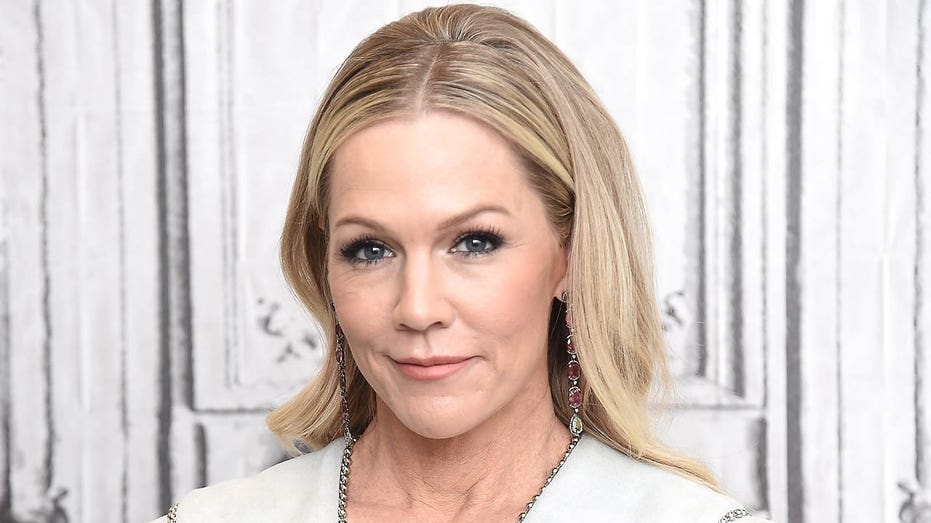Radu Jude is a cheeky filmmaker, espousing a biting Romanian humor that takes to task the history, politics and culture of his country and the outside economic forces by world powers that have unmoored it. He arrived at Locarno Film Festival—where his previous film “Do Not Expect Too Much From the End of the World” received the special jury prize—with two, apparently disconnected films—“Eight Postcards from Utopia” and “Sleep #2”—bearing his signature blending of humor with uncomfortable realities.
“Eight Postcards from Utopia,” co-directed by Jude and Christian Ferencz-Flatz, is a 71-minute long montage of Romanian television commercials. Broken into eight parts with titles like “Money Talks,” “Found Poetry,” and “Masculine/Feminine,” the commercials are situated in the edit with varying intentions. Sometimes it’s simply hilarious to look at the kitschy ads promoting Pepsi, photocopiers, the lottery, hamburgers and more. At one point ABBA’s The Winner Takes it All provides the soundtrack to a toothpaste commercial. Jude even includes clips of sex hotlines, just to give you a full range of everything that is hitting tv at every hour of the day. These commercials, despite their clunky acting and obvious low budget, however, aren’t too dissimilar in their intent with commercials seen in any other country.
These ads sell by doing one of two things: telling you you have a crummy life without this product or showing you how you can become rich. The latter, if one believes what they see on television, can be had by government-backed investments, banks, and loans. Some of these ads, such as one promoting Mass Privatization—a program during the 1990s where vouchers were distributed to citizens to be invested in state-owned assets—demonstrates the financial pain felt by the country following the fall of the Soviet Union and the country’s desire for the populace to look to the state for solutions while selling a false sense of individuality
Jude and Ferencz-Flatz are playful with form. At one point, during a part entitled “The Anatomy of Consumption,” the film goes silent and we’re left to watch the pure images of buying, selling, craving and demanding that is ultimately a corrupting force. It’s an example of how Jude is able to swerve when others expect him to repeat, making “Eight Postcards from Utopia” a mischievous piece of cultural criticism.
Speaking of never repeating, “Sleep #2,” which Jude directed solo, is equally as surprising. In every sense it has a simple set-up: Jude has a camera positioned to look at Andy Warhol’s grave, which rests at the artist’s family plot in Bethel Park just outside of Pittsburgh. It’s a static shot, Jude never cuts to a secondary camera, that is also purely observational in a way that it almost dares the viewer to create a kind or order or narrative to the disconnected images of visitors to Warhol’s resting place.
These visitors vary in form and intent. Often at night, animals like deers are viewed. The deers graze around his grave, eating the grass his remains have nourished. Other visitors are the usual tourists: some arrive to pose and take pictures, others are clearly making a pilgrimage to see a legend, and more just want to sit and remain in the presence of Warhol’s spirit. The impartial camera doesn’t judge. Though there is a grim humor one could direct at these travelers and to the idea of Warhol’s grave becoming a kind of exhibition space. Though the artist died nearly 40-years ago, his cultural legacy remains very much alive. It’s the feeling for that legacy, the kind that Warhol tapped into with his own art, that keeps people coming back—and in their return they create a kind of performance art too.
There is also the obvious melancholy of watching a grave, the time passing further and further away from when the person occupying it once walked the earth. The Smiths’ song Cemetery Gates often came to my mind. “With-a loves and hates and passions just like mine/they were born and then they lived and then they died,” laments Morrisey. But Jude doesn’t appear to see those three life events as the sum total of existence. Clearly, life has still continued for Warhol. He has become the kind of cycle of nature kings and princes once lamented about in Shakespeare’s plays, and has found renewed vigor as a living memory. Staring at this grave for an hour in the boldly provocative and deeply meditative “Sleep #2” is the kind of fate Warhol probably would have found pleasurable and artistic, if not downright fitting.

:format(jpeg):quality(80)/wp-content/uploads/2024/09/euro-1.jpg)
























:format(jpeg):quality(80)/wp-content/uploads/2024/09/dinamo-actionari.jpg)


:format(jpeg):quality(80)/wp-content/uploads/2024/09/pepe-sarbatoreste-o-victorie-importanta.jpg)
